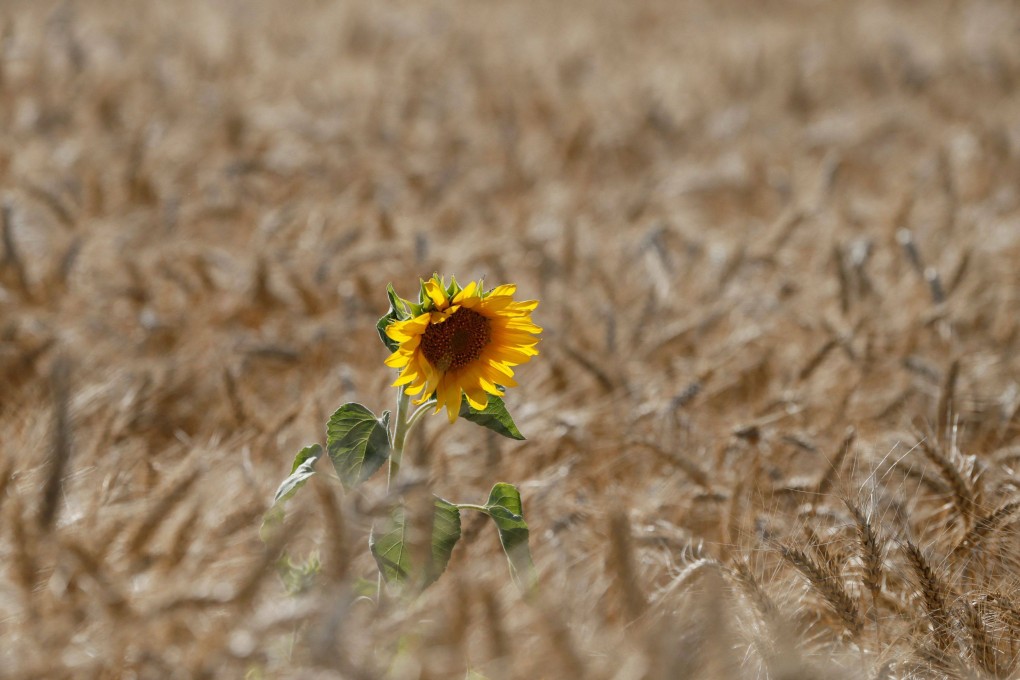Inside Out | Russia’s war with Ukraine will hurt global food security
- War in a breadbasket region like the Black Sea could impact food importers in the Middle East and Asia, especially as it comes at a time when pandemic dislocation has already sent food prices soaring around the world

While bombs are falling across a bleak, wintry Ukraine, with Russian troops converging on Kyiv and forcing a land bridge between Crimea and the Russian-controlled eastern regions, it is right and proper that we are focusing on the human tragedy as it unfolds.
But the chance recollection of a brilliant Chatham House paper four years ago has got my head spinning in a different direction: the threat to global food security.
In the 2017 Chatham House report “Chokepoints and Vulnerabilities in Global Food Trade”, the research team identified 14 critical “choke points” worldwide that could threaten global food chains – “critical junctures on transport routes through which exceptional volumes of trade pass”. Presciently, the report noted that choke points are “systematically overlooked in assessments of strategic food security”.
But the most chokepoints converge around the Black Sea: the creaking Black Sea inland rail network; the Black Sea ports like Odessa, Berdansk and Sevastopol (which is now in Russian-controlled Crimea, and was closed to international shipping in 2014); and the Turkish Straits that allow passage out of the Black Sea and into the Mediterranean.

